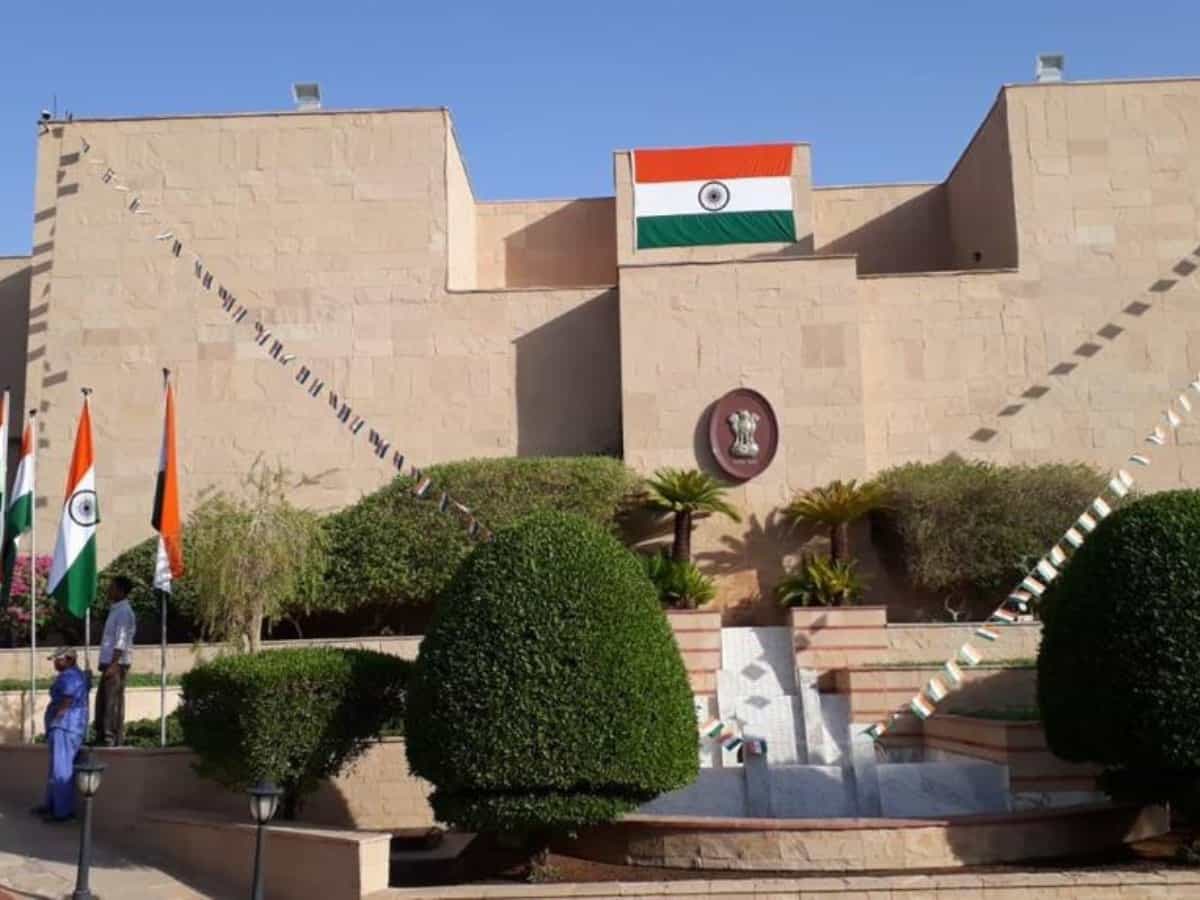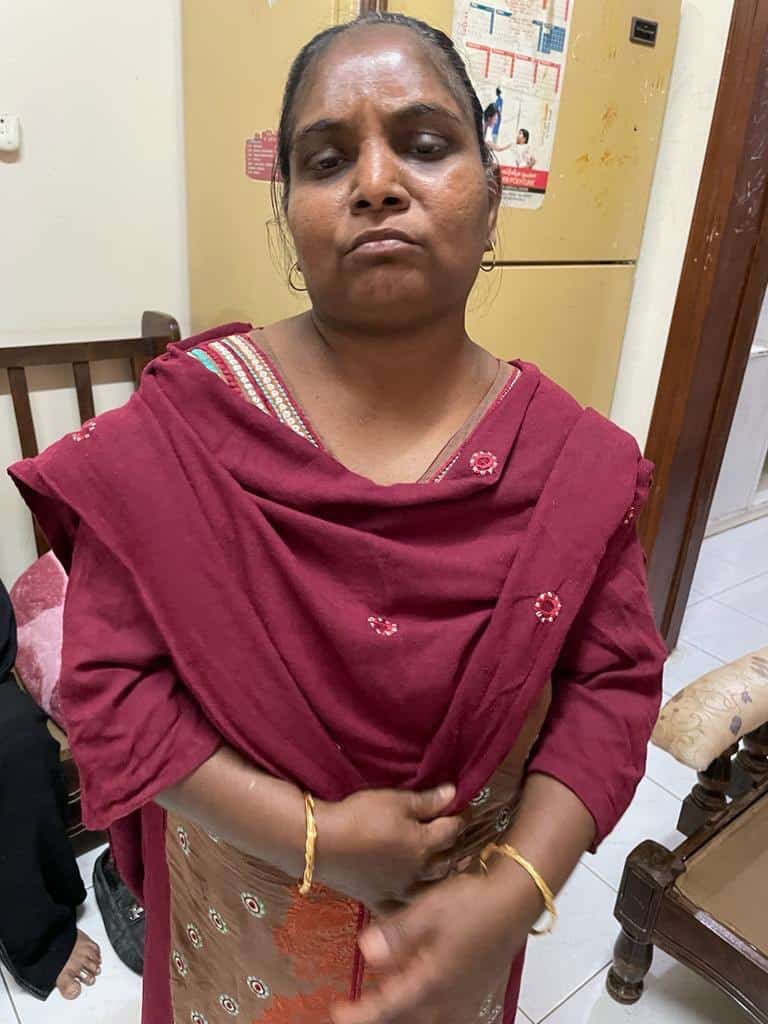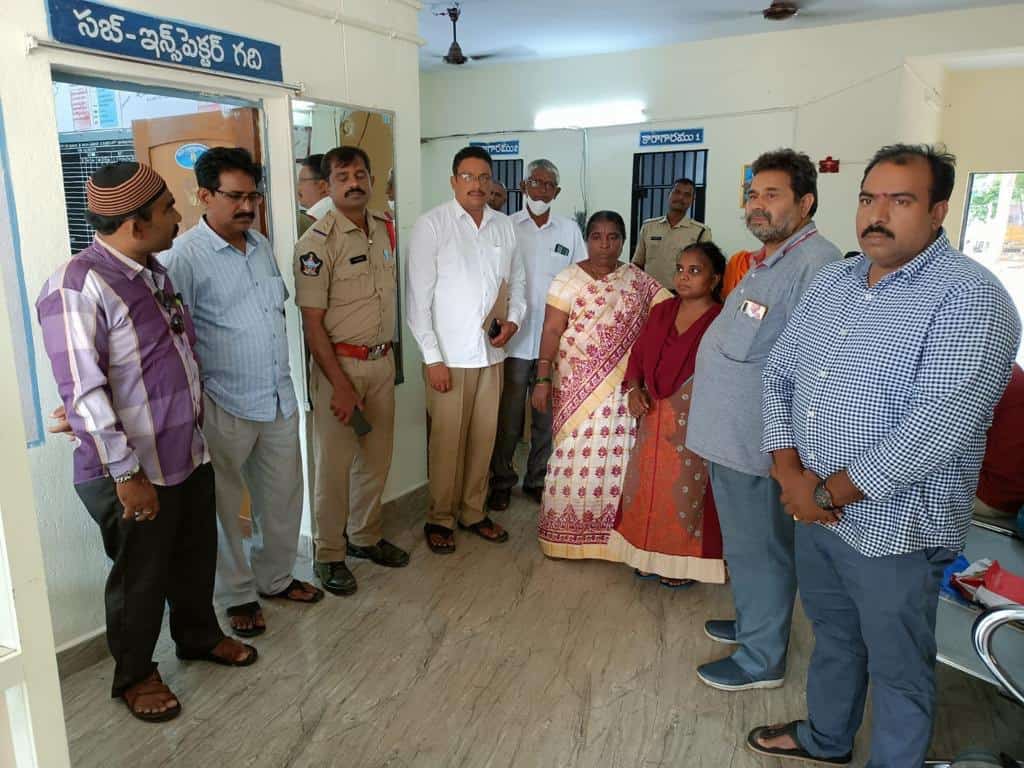
Jeddah: The basic duty of a diplomat is to form, maintain and enhance bilateral relations with the interest of his or her country with the host country. Also, diplomats play an important role in international relations with regard to issues of peace and war, trade and economics, culture and the environment. The diplomat deals with a wide diversity of issues, ranging from disarmament to development to issuing passports and visas, to issues of nuclear security.
The basic duty of an Indian diplomat is to protect his or her national interest in foreign country. When it comes to a country like Saudi Arabia, that houses the largest number of Indian nationals, Indian diplomats play a variety of roles.
They deal with the G20 agenda to attend calls of distressed illiterate workers in far flung deserts such as in Arar, nearly 1100 KM away.
Not many people can understand how Indian diplomats work in Saudi Arabia, even one visits the embassy or consulate, they only see the passport section and are not privy to other departments especially community welfare. The section staff acts spontaneously based on humanitarian approach whether its accident, distress or jail even matrimonial dispute.
They had to rush to accommodation of Haj pilgrims in Makkah when a wife caused fire by wrongfully frying Pakoda for her husband in an area which is not kitchen, the action caused short difficulty for some thousands of Indian pilgrims.


The latest repatriation of a traumatized, mentally ill Andhra woman case exemplifies the humanitarian perspective of Indian diplomats.
Handling a mentally-ill person with memory loss by itself is not an easy task, and if the person is in an alien land with language barriers, it becomes doubly challenging. This is the tale of 38-year-old Bandala Annemma from Kadapa who landed in Saudi Arabia for better prospects in February this year.
Having lost her memory and with wounds on her face, she knocked on the doors of the Indian Embassy on May 5. The embassy shifted her to hospital for treatment and later it was found that the woman was suffering from psychological disorder and memory loss induced by trauma. She was unable to remember who she was and how she ended up in Saudi Arabia.
Based on her Iqama, the embassy traced her passport and she was identified as Annemma, a native of Kadapa town. She was provided psychiatric treatment by the Indian Embassy besides providing safe shelter for her. After over a month-long pursuit with local immigration officials, the Indian embassy secured her exit permit but sending her in that state by flight was a real challenge for embassy officials.
The embassy officials led by young diplomat MR Sajeev not only tried for safe repatriation of destitute women but also tried to contact the family in Andhra Pradesh.
When it was found that her parents had died and husband was not ready to accept the mentally ill wife, the Indian Embassy contacted the District Collector of Kadapa and AP NRT, the State government arm that deals with NRI cases, to receive the woman on her arrival in India and provide treatment and shelter.
BH Elias, director of AP NRT, went to Hyderabad airport from Vijayawada, 300 KM away, to receive the woman, took her to Kadapa, again 450 kilometers away from Hyderabad and placed her in a government-run women’s shelter home with the help of district officials.



